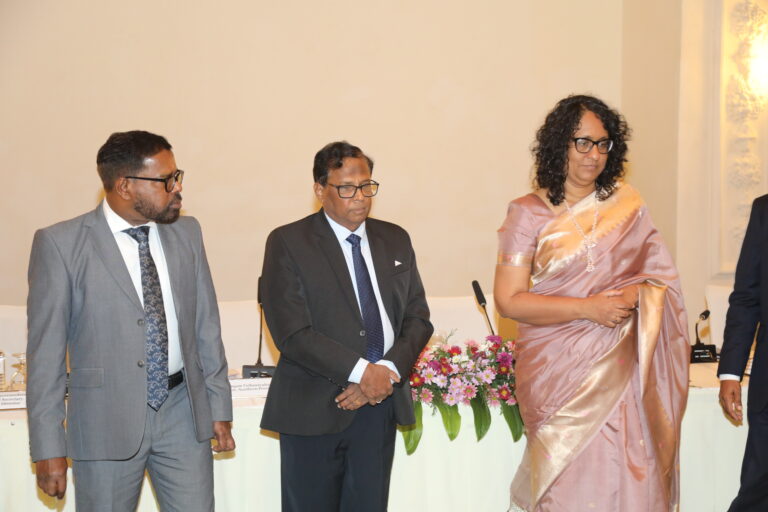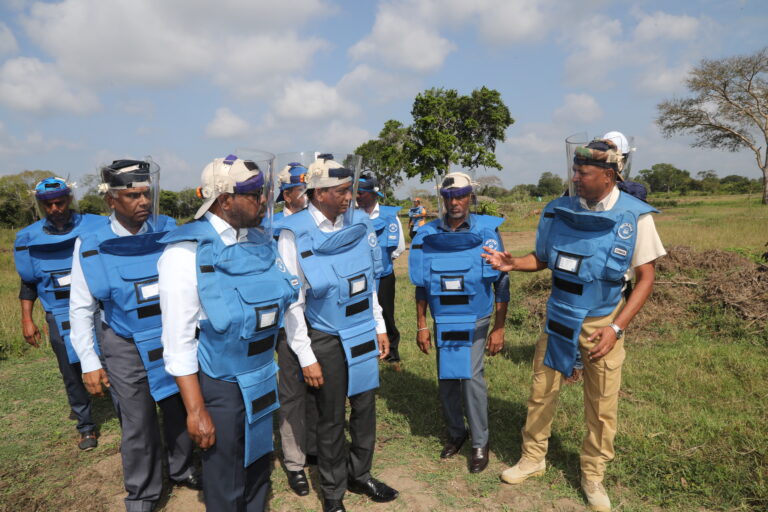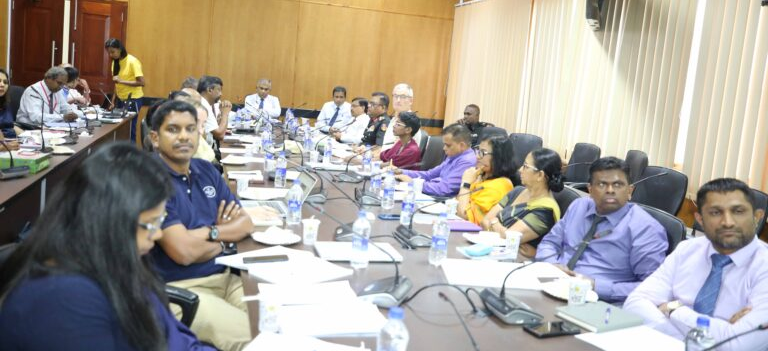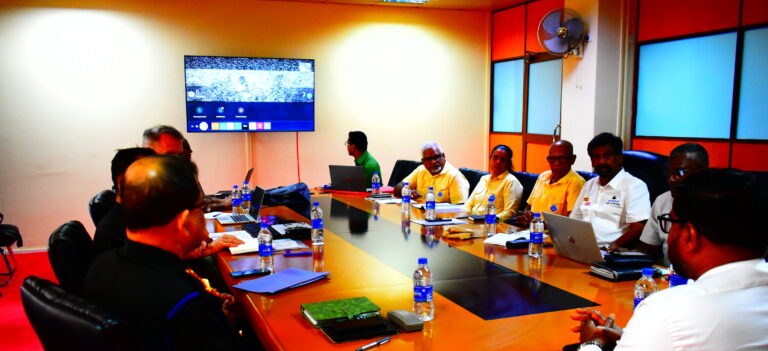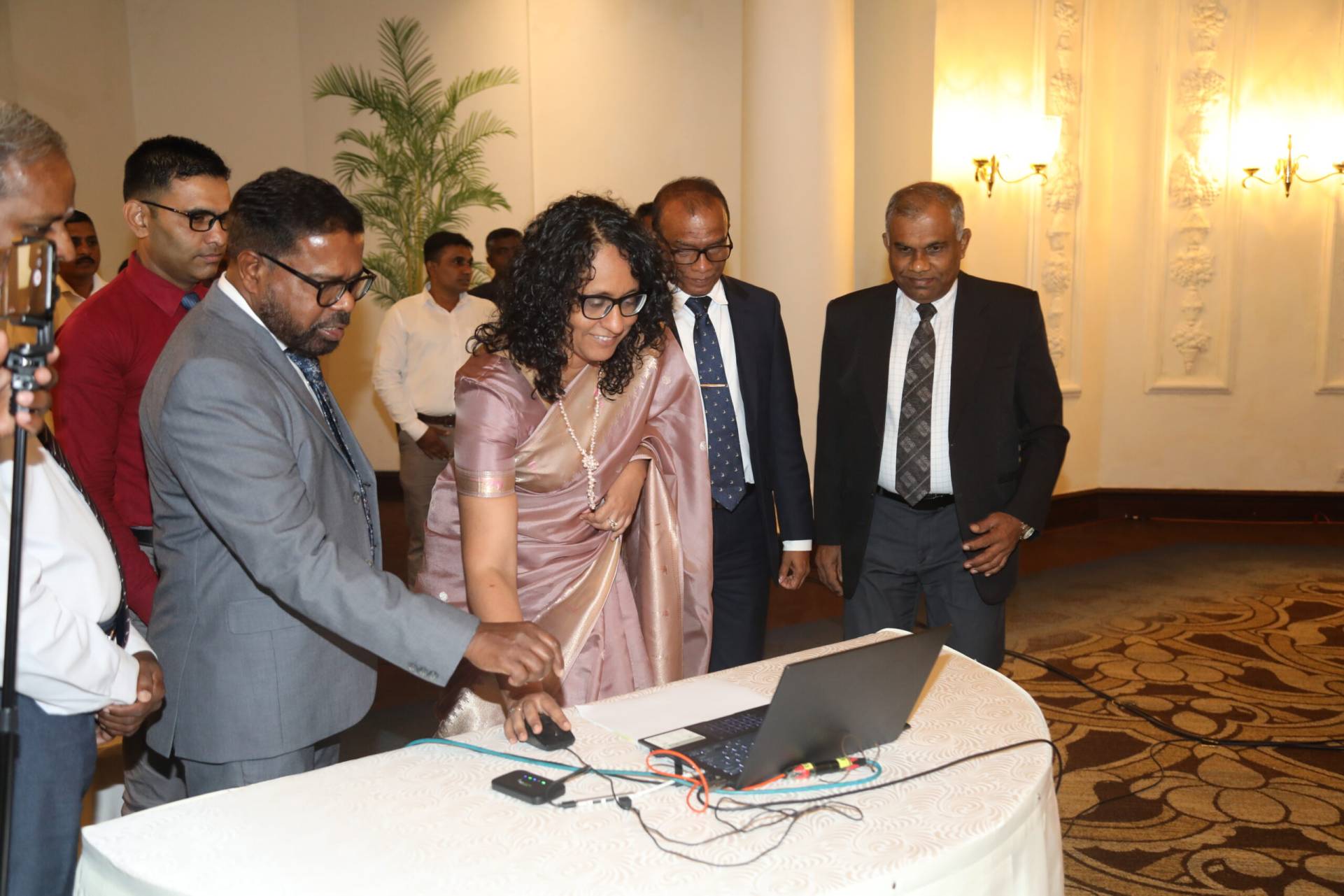



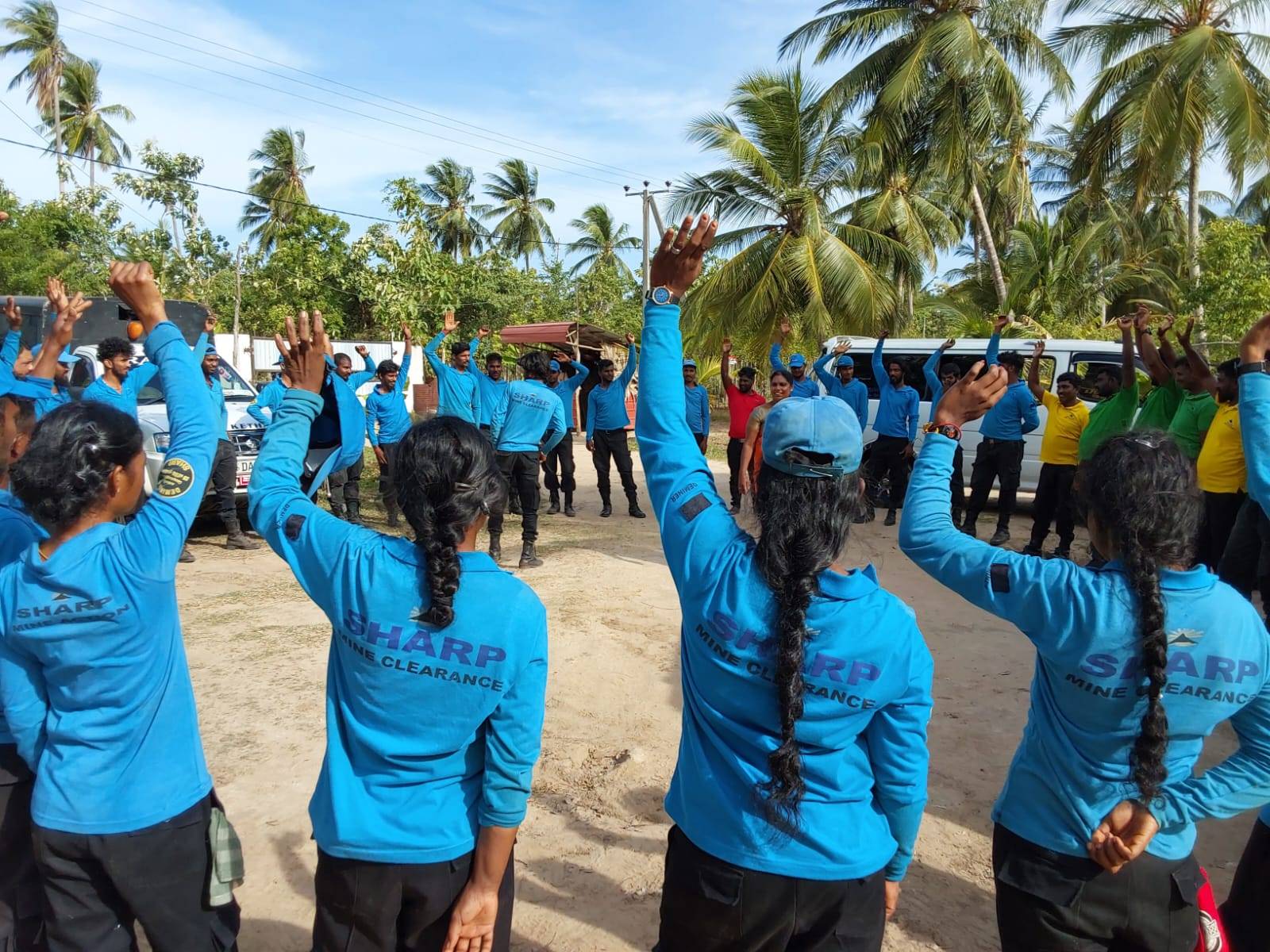


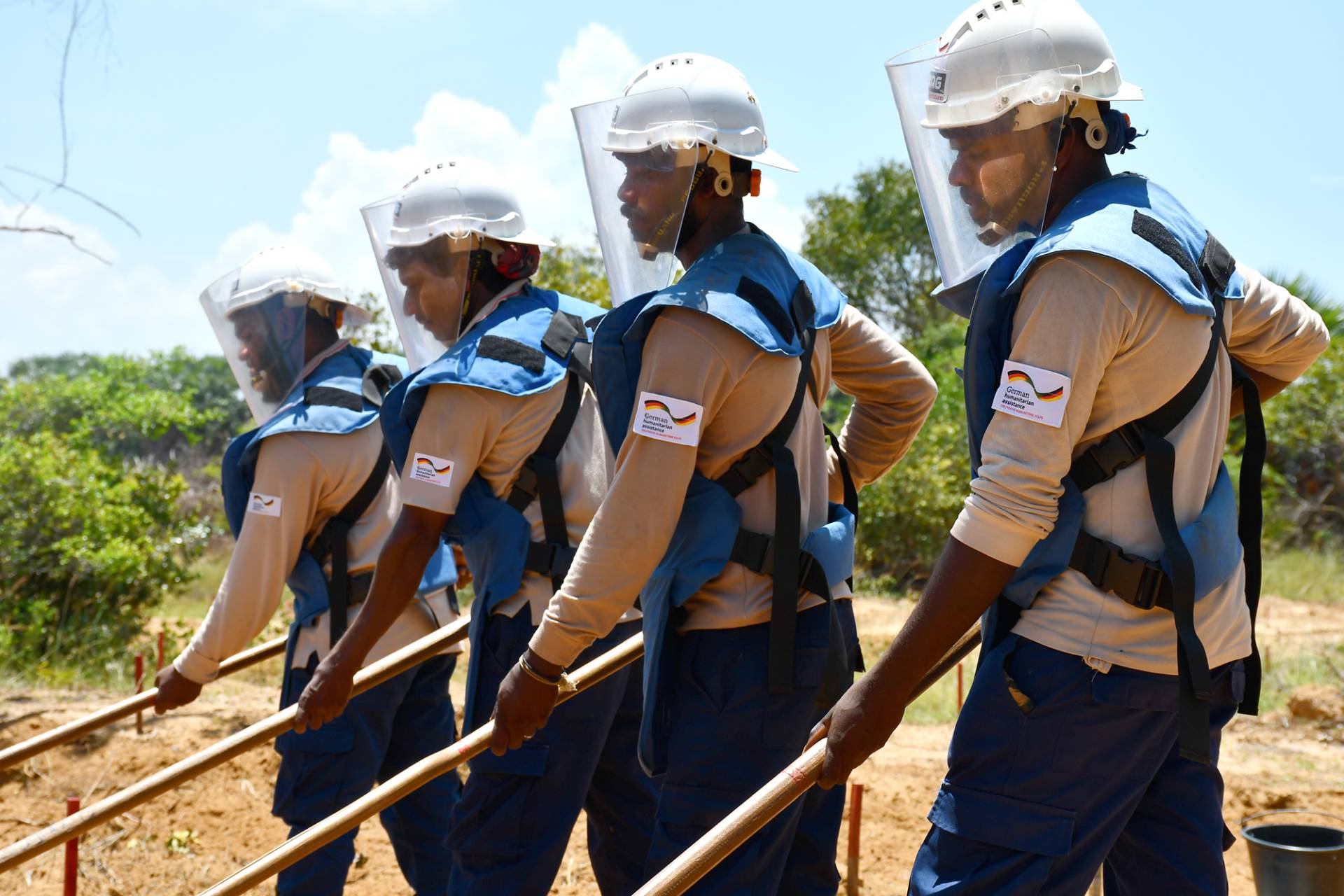
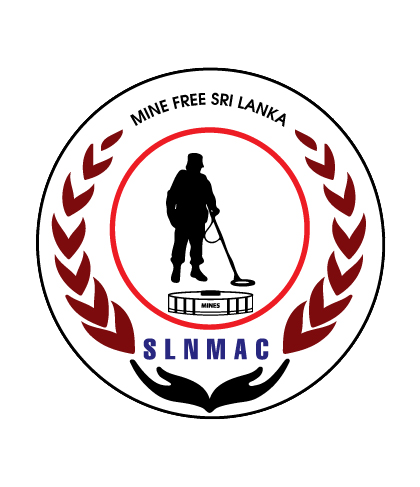
About NMAC
Brief Overview
With coordination and management support of the United Nations Development Programme (UNDP), Sri Lanka’s mine action programme was first established in 2002. Sri Lanka’s Cabinet officially approved the establishment of NMAC in 2010, resulting in the programme’s transition from UNDP-management to full national ownership.

About NMAC
Brief Overview
With coordination and management support of the United Nations Development Programme (UNDP), Sri Lanka’s mine action programme was first established in 2002. Sri Lanka’s Cabinet officially approved the establishment of NMAC in 2010, resulting in the programme’s transition from UNDP-management to full national ownership.
Staff Capacity-Building & Transition
Over a decade after the civil war ended, Sri Lanka has reached the final stage of mine action activities. The combined workforce of the four humanitarian mine action operators (MAG, HALO, DASH, and SHARP) comprises over 3,000 staff, including one-third women, residing in the Northern and Eastern Provinces.
Featured Resources
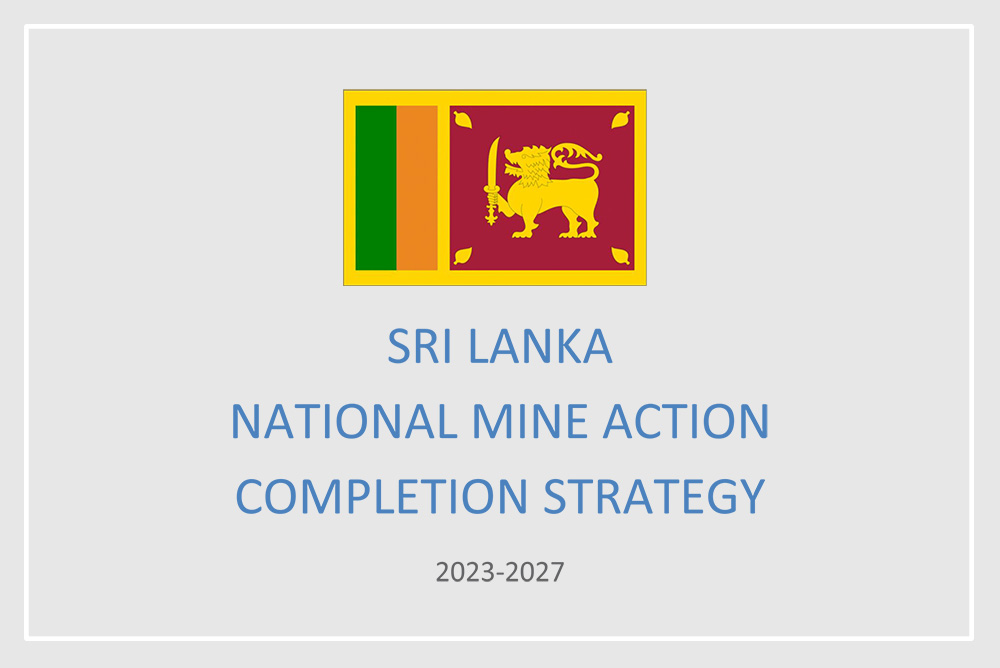
Sri Lanka National Mine Action Completion Strategy
The National Mine Action Completion Strategy presents the strategic orientation for Sri Lanka’s mine action program from 2023 to 2027, developed by the National Mine Action Centre (NMAC) with the support of the Geneva International Centre for Humanitarian Demining (GICHD).
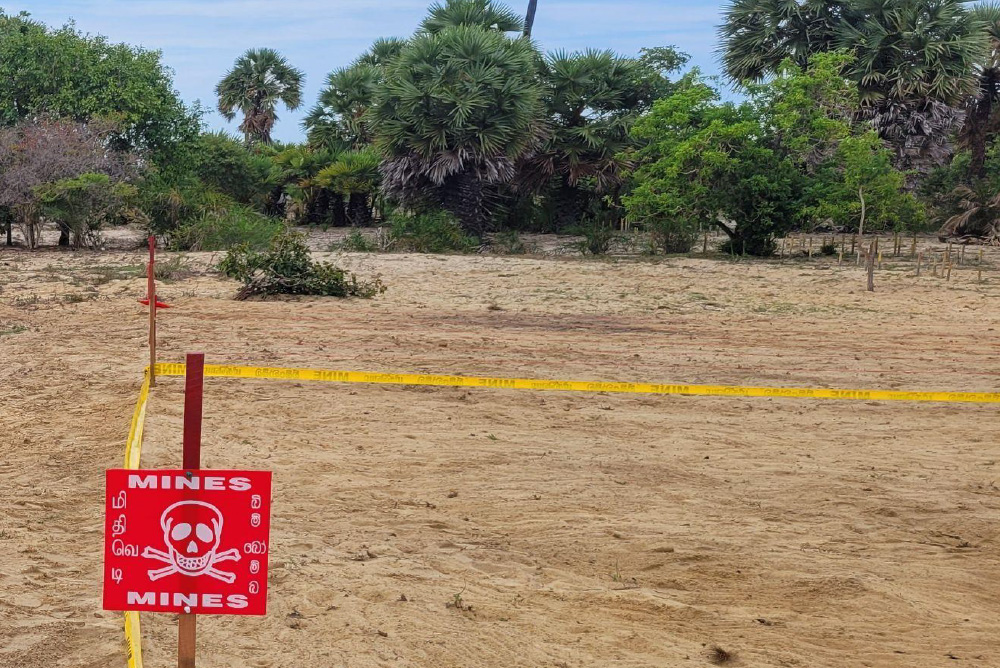
Sri Lanka Completion Process SOP
Sri Lanka’s completion process formalizes the mechanisms around the ongoing survey and clearance so that the Government can document the ‘completion’ of administrative areas in a consistent and transparent manner.

SL Capacity Development Programme Guidance Paper
The brief paper offers key steps, insights, and recommendations for mine action operators in other countries looking to launch staff transition programmes for their deminers.
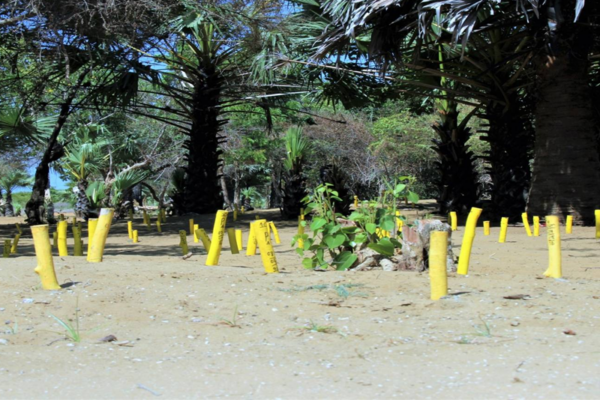
Sri Lanka National Mine Action Programme
Sri Lanka’s 30-year conflict between security forces and the Liberation Tigers of Tamil Elam (LTTE) left northern and eastern regions heavily contaminated with explosive ordnance, posing serious risks to civilians, livelihoods, and development efforts. (GICHD).
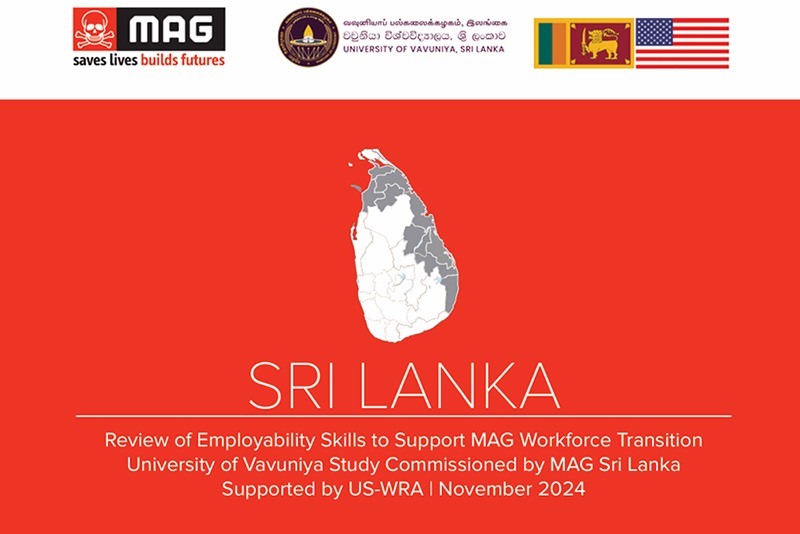
Review of Employability Skills to Support MAG Workforce Transition
In 2024, MAG partnered with the University of Vavuniya to assess employability opportunities for deminers in Sri Lanka’s Northern and Eastern Provinces, identifying skill gaps and high-demand roles across 12 key industries, including agriculture, IT, tourism, and healthcare.
Latest Events
Contact Us
Reach Us
-
5th Floor, Sethsiripaya Stage 1, Battaramulla, District of Colombo,
Sri Lanka - nmacsrilanka@gmail.com









